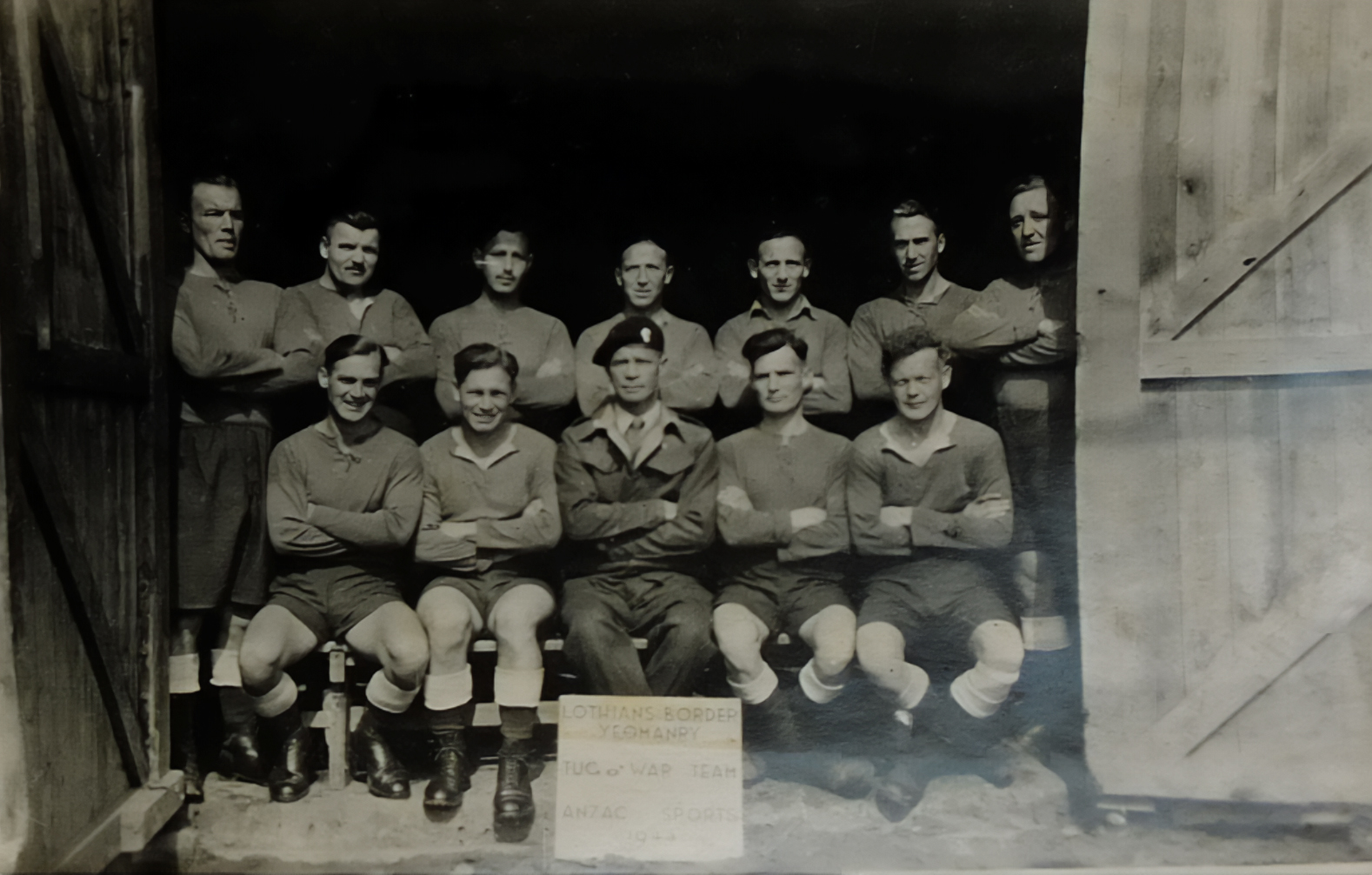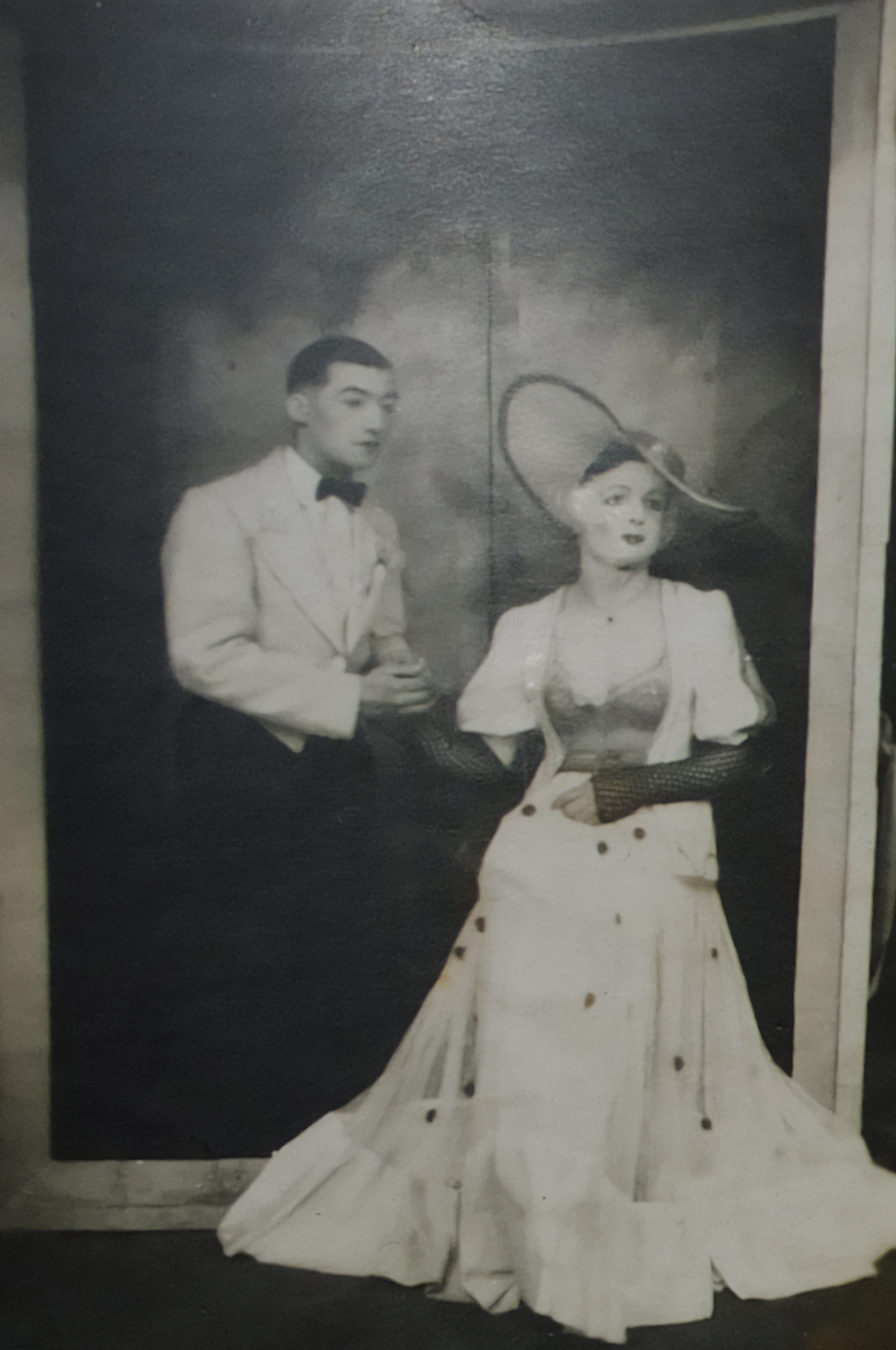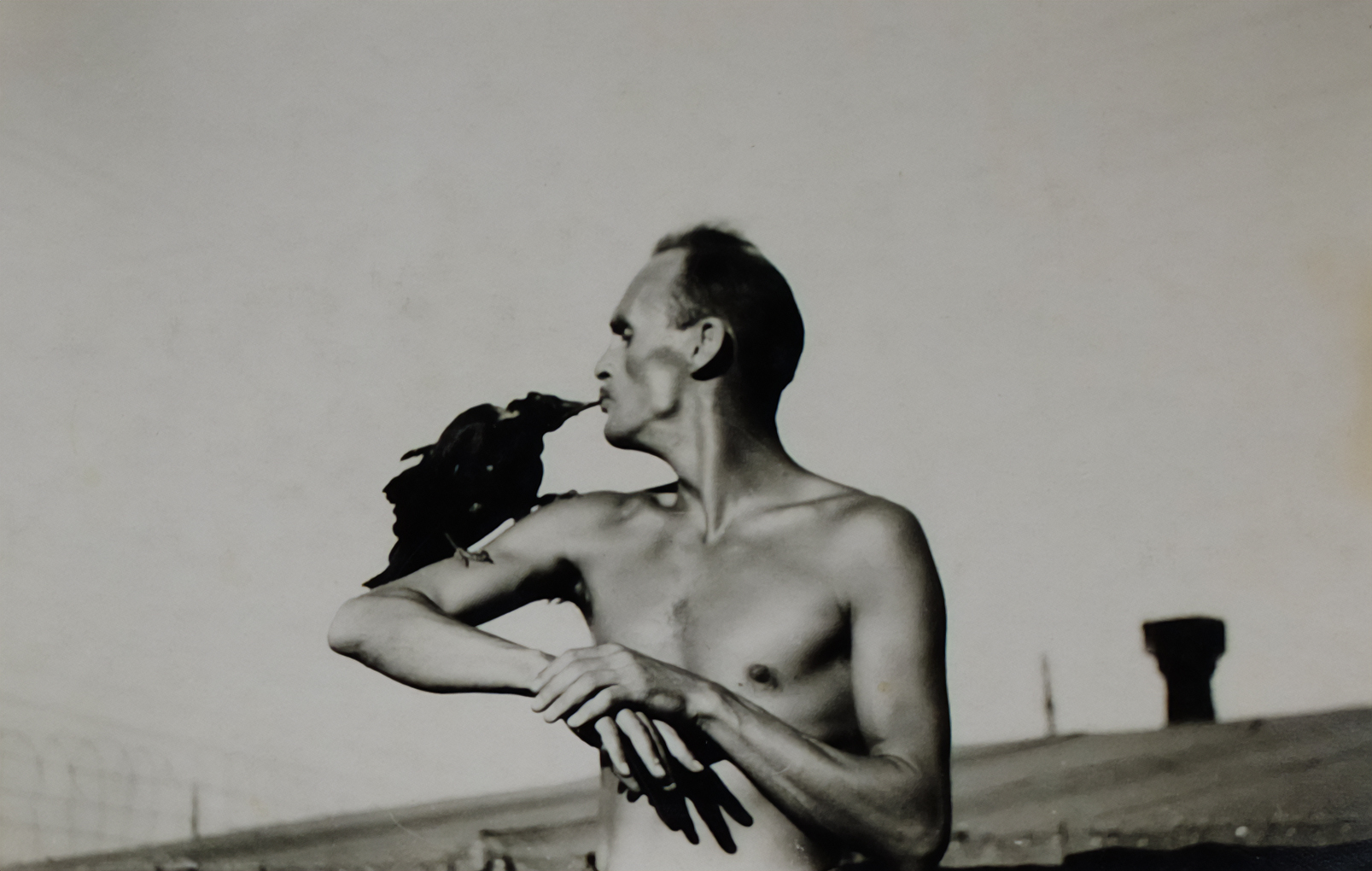Phylactis described how men supported each other through hunger, humour, and shared risk. When food arrived, they divided it as fairly as possible. Every small gesture mattered.
Escape was always in prisoners’ minds, though few succeeded. Some who tried were caught and returned; others never came back.
Inside Stalag 383, where conditions were harsh but orderly, prisoners built a small theatre and held regular performances. Carpenters, tailors and musicians made costumes and sets. The actors played both male and female parts, using sheets and shirts to make dresses. One play, The Merchant of Venice, even received help from the camp Kommandant, who borrowed costumes from the State Theatre in Berlin. After the show, the band played the British national anthem, and the German officers pretended not to hear.
These performances lifted morale and reminded the men that they were still soldiers and individuals, not just prisoners. For a short while, they could forget the fences and recover a sense of normal life.
Among the prisoners, one man kept pigeons that nested on the roof of a hut. When the male bird allowed another female to sit on the eggs, the returning mate attacked her. The men roared with laughter. “It seems even birds face similar problems,” Phylactis wrote.
These moments of humour and creativity helped the men remain human, even in captivity.


